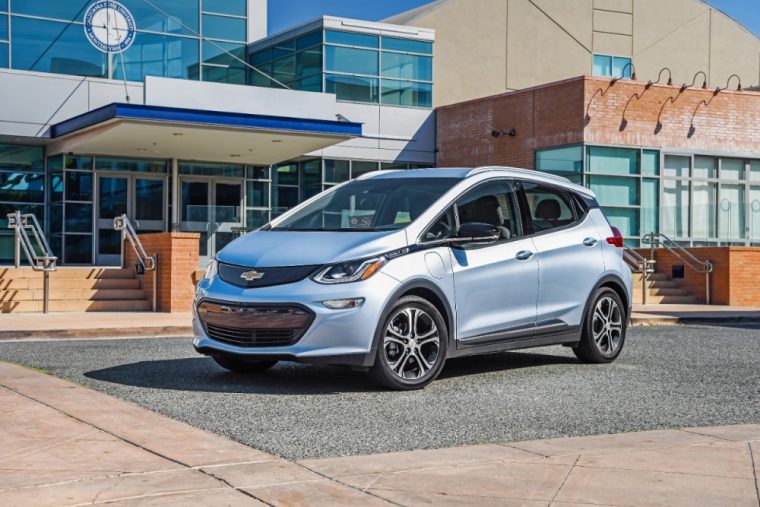For Future of EV Incentives, We Look to…Connecticut?
Of all the states to encourage electric vehicle sales, you would expect that the most innovative programs would probably be in the heart of it all, California. However, according to a new report, the Golden State could learn a thing or two from the Constitution State, aka the little state of Connecticut.
Connecticut, since 2014, has run a unique incentive program for EVs, offering up to $5,000 in a rebate to buyers (which is available at point of sale, rather than a mail-in program), and also $300 to the dealer for each rebated car.
According to the study, conducted by the Center for Sustainable Energy, the program offered a considerable boost to dealership motivation to sell EVs—one of the main problems facing their sale now. The dealers which the Center corresponded with said that the incentive was “moderately to very important” to allowing the dealer to make a reasonable profit on EVs, give customers EV-related services, spend time completing and sending the rebate applications, and motivate sales staff to sell EVs.
Beyond that, it seems that the impact of the rebates were greater if the dealership completed more than 20 applications—so, the more applications were completed, the more likely it was for the dealer to keep using the program. On a related note, the rebate is available as an option called “dealer assignment,” which lets buyers receive the rebate at the point of sale as a direct discount, and at dealers above the 20-application line, 92% of sales took this option.
The study also spoke to customers, and not surprisingly, many (as in, 74%) listed the rebate (which is pretty generous, compared to other states) as very important to their decision to pick an EV, to the point where they probably wouldn’t have chosen one, otherwise.
Of course, the study did have some suggestions for improvement. The main one revolved around the salespeople, which the study suggested should have some sort of specific incentive as a result of the program (since most of the dealerships didn’t share their rebates with the salespeople). Additionally, the study wants the program to get better information, including information from non-participating dealers as a control group for comparison.
News Sources: Green Car Reports, Center for Sustainable Energy

The News Wheel is a digital auto magazine providing readers with a fresh perspective on the latest car news. We’re located in the heart of America (Dayton, Ohio) and our goal is to deliver an entertaining and informative perspective on what’s trending in the automotive world. See more articles from The News Wheel.


